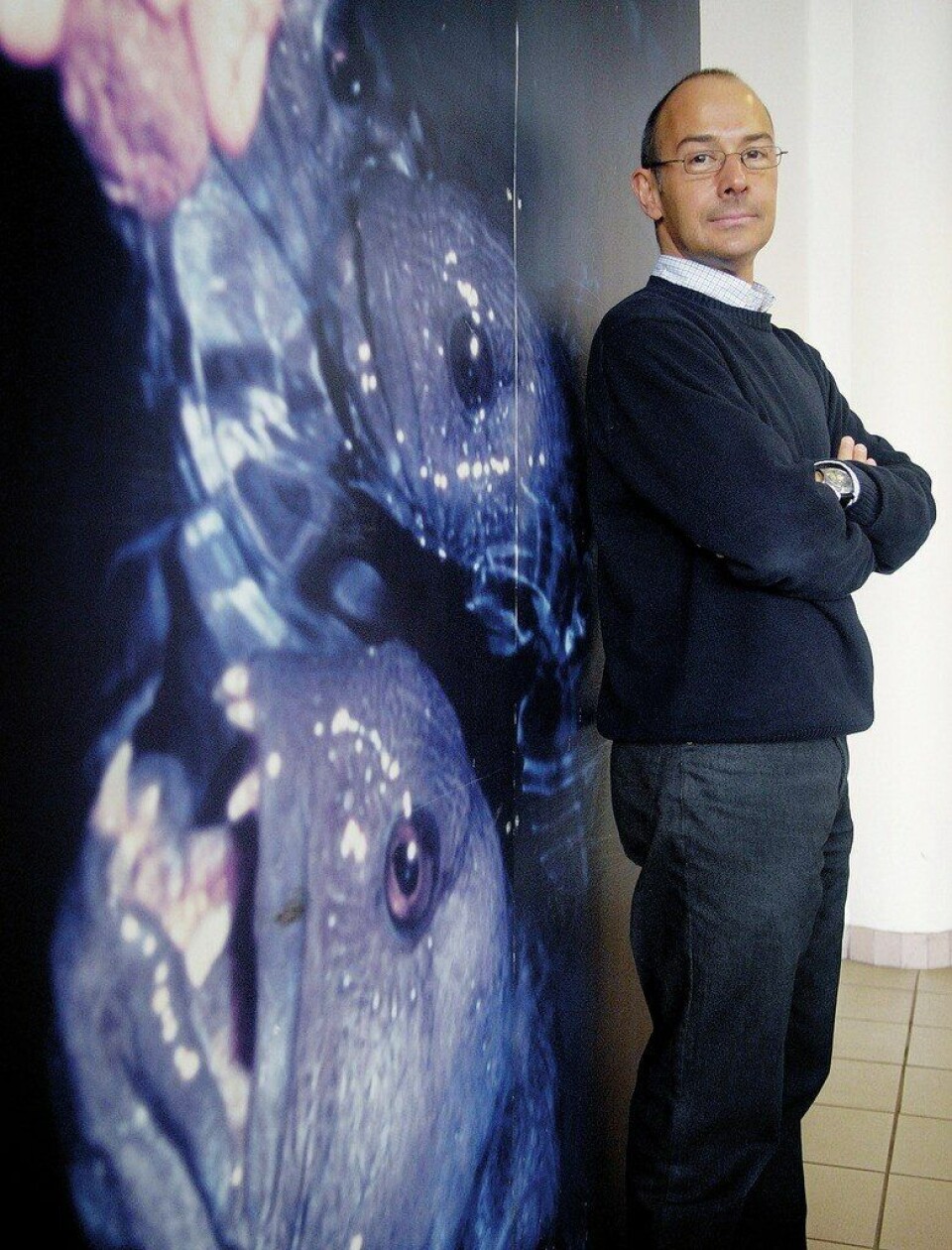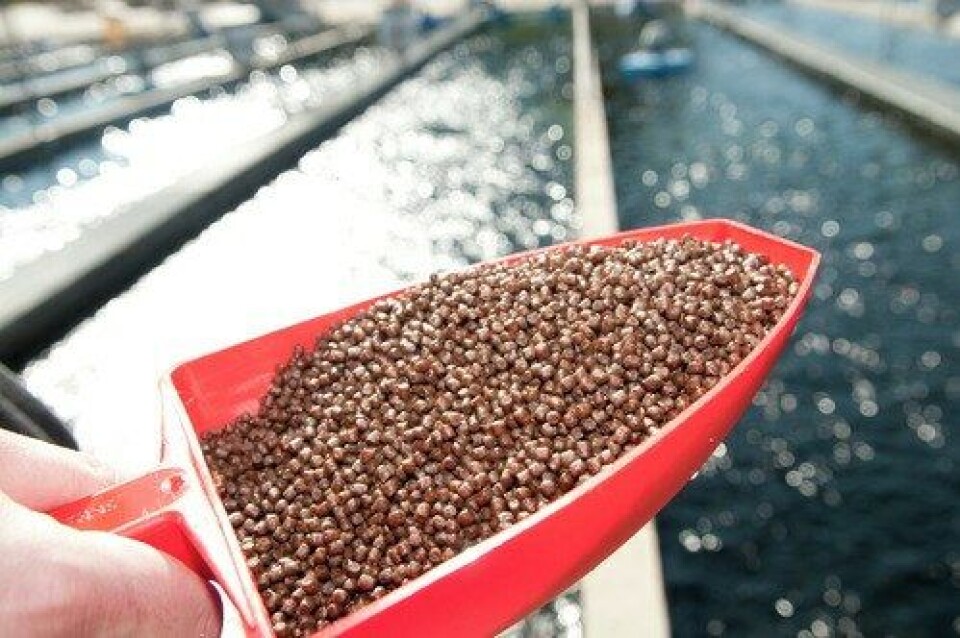
Skretting eyes ‘golden era' in Central America
Leading feed producer Skretting is launching its brand in Honduras and Nicaragua, in a bid to capitalise on Central America’s burgeoning sustainable shrimp market.
The brand is being officially unveiled this week at customer events in both countries, following the launch of Skretting in Ecuador and Peru in August last year.
Alex Obach, managing director of Skretting’s Aquaculture Research Centre, said: “The arrival of Skretting in Honduras and Nicaragua is a very important milestone for Central America’s aquaculture industry. Skretting wholeheartedly believes that given the right support and the confidence to grow, this is a region that can make an increasingly valuable contribution to the global growth of sustainable aquaculture production.
“Providing high-quality shrimp and fish with high-quality diets will be one of the most important contributors to this future, and this investment by Skretting demonstrates our commitment to ensuring that Honduras, Nicaragua and Central America as a whole are given the tools to fulfill their considerable potential.”

Since the establishment of Skretting in Ecuador and Peru, shrimp farming operations in both markets and across Latin America have advanced, with support provided by the company’s worldwide R&D knowledge as well as its local insight and experience.
Golden era
At special events and seminars, many of the region’s shrimp producers are shown how aligning the appropriate high-specification nutrition with precise feed management procedures could bring a new “golden era” for the region’s shrimp farming sector. Crucially, they have been learning the importance of correct feeding in the first stages of the life cycle, and how to optimise growth based on the genetics of their shrimp stocks.
Skretting Aquaculture Research Centre comprises more than 120 researchers from 27 countries and has been conducting research on nutrition, aquatic animal health and farming for more than 25 years. The unit analyses numerous aspects of shrimp and fish feed management, with a strong emphasis on confirming the best nutrient composition of its feeds, as well as establishing the optimal number of feed occasions.
A large number of researchers continuously evaluate new functional ingredients that provide in-feed health benefits to aquaculture species. In addition to optimising functional feeds, diets are formulated for specific situations, such as infectious diseases or extreme environmental conditions.






















































